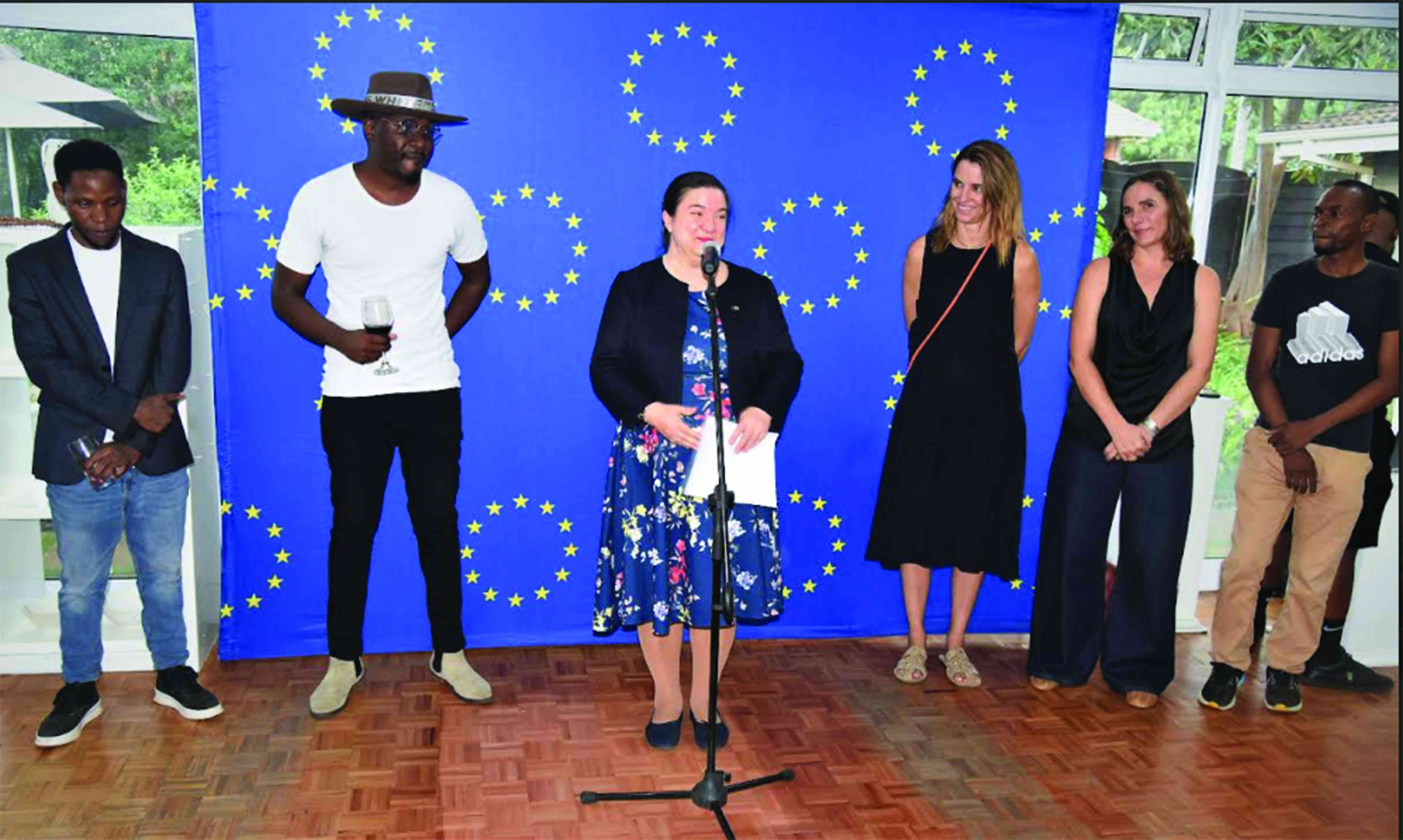
Africa is ripe and full of unrealised potential. Its people, their abilities and their powerful relationships promise a wealth of future achievements — if only they can be fully actualised.
Key to people of the continent becoming all that they might be lies in a single intervention: education.
Fortunately, education is a widely prized asset and a shared aspiration among almost all Africans.
It is in this spirit that as the continent celebrated the founding of the African Union (AU) on Africa Day (May 25), the AU has chosen “The Year of Education” as its theme for 2024. The theme is emphasised thus “Educate an African Fit for the 21st Century: Building Resilient Education Systems for Increased Access to Inclusive, Lifelong, Quality and Relevant Learning in Africa.”
Given the key concern of “resilient education” in the theme as birthed under the Social Development Goal 4 — inclusive and high-quality education — the AU intends to galvanise action to accelerate the achievement this goal.
Interestingly, some private organisations and corporates have taken up the challenge and are committing resources to ensuring skills development on the continent.
These training initiatives are particularly important for Africa’s 400 million young people who make 70% of the population.
Relevant training
- What a taste of Africa
- ‘Communities must see value of wildlife’
- MP engages traditional leaders to fight moral decadence
- ‘Let us shun tribalism’
Keep Reading
One such organisation that is championing skills development on the continent is the MultiChoice Talent Factory (MTF), a filmmaking skills development initiative by pan-African entertainment company.
MTF consists of three offerings — MTF Academies in major African capitals provide hands-on, relevant training for aspiring TV and film professionals; the MTF Portal allows professionals to network and find work opportunities; while MTF Masterclasses offers an ongoing programme of professional development. Most influential of these MTF offerings are the MTF Academies in Nairobi, Lagos and Lusaka.
The academies equip young aspiring industry professionals with the crucial “sustainable education” it takes to thrive in the rapidly changing film-and-television sector.
Now in its sixth year in rest-of-Africa, the programme offers a comprehensive, fully paid 12-month industry-readiness course that gives participants the invaluable opportunity to learn from industry experts in fields such as scripting, directing, producing, cinematography, commissioning and editing.
According to MultiChoice, the hands-on training experience ensures that graduates emerge not just qualified, but with practical, proven ability to work in the sector.
It also gives the industry a pipeline of trained professionals entering the job market as well as giving the hundreds of young people emerging from MTF Academies every year a good chance of finding careers.
“An MTF survey has found that around 92% of MTF Academy graduates go on to work in the creative sector.
Many of these young professionals go on to careers at MultiChoice, which bills itself as ‘Africa’s most-loved storyteller’,” MultiChoice says.
Unlocking youth potential
The organisation prides itself at this level of absorption of the MTF graduands as a “demonstration of another benefit of education in the African development journey: it unlocks the massive potential of the continent’s youthful population”.
MTF Academy students consistently win awards at film festivals, have their work shown on major platforms and go on to great career success.
But more importantly, 30 independent production houses have been registered by former MTF students, many becoming suppliers to the MultiChoice group.
“This is especially true in Africa, where the continent’s enormous cohort of young people represents its greatest global opportunity — but only if this opportunity is converted through education.
The Zim experience
Young Zimbabwean aspiring professionals have been a regular feature of the Lusaka academy since its inception.
In each of the five academy years to date, there have been at least two Zimbabwean students among the Lusaka academy.
Rutendo Mahofa, who was among the first group of the Lusaka class when the initiative was launched in 2018, has seen her career go from strength to strength.
She spent a month in Rwanda working on the production of Kigali 21, a full-length feature film, and also worked in Zambia on the production of the popular shows Ehe! It’s A Match!, Mom vs Wife, and Hoot, Cook, Go! for the Honey Africa network. Recently, Marvellous Matswimbo was one of 19 students who entered the academy in January last year and graduated last November with flying colours.
Cultural impact
Another critical value proposition of this pipeline from training to production in the creative sector is its cultural impact. Training African creatives equips them to tell African stories.
As dynamic, highly-skilled African creatives go on to produce content that resonates powerfully with African audiences, it drives engagement, enriches the businesses and allows Africa’s people to see themselves reflected in powerful entertainment content with world-class entertainment values.
“As the continent marks Africa Day, this dual approach to African self-actualisation has never been more relevant.
MultiChoice, through its DStv platform, reaches 23,5 million households and more than 100 million people in 50 African countries. Quality African storytelling has been the key to its success.











